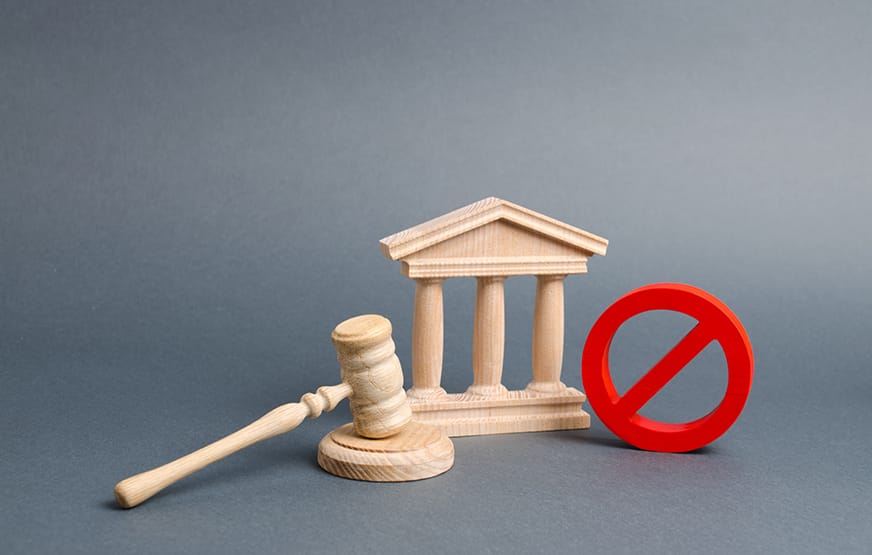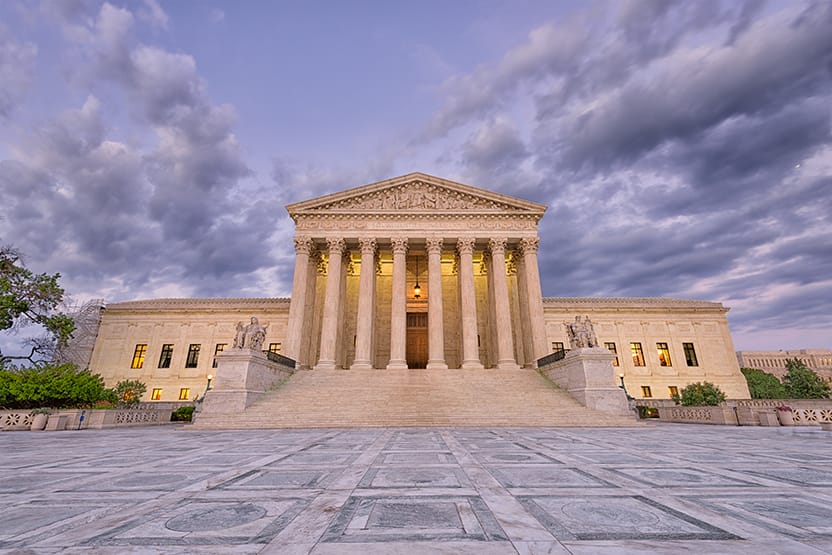If you’re in debt, then chances are you are aware that creditors have ways to get their money back. One of these ways is garnishing your wage which involves taking money directly from your paycheck. But what about retirement, you might ask? Can retirement be garnished?
Retirement funds cannot be garnished in most of the cases. In the US, 401(k)s and social security are protected. But other accounts like a Roth IRA are not protected and can be used to pay off a creditor. If your retirement accounts are outside the US, you should speak to a lawyer because other rules may apply.
In this article, I would like to go into more detail about the accounts that are protected by law from garnishing (and talk about the ones that are not). I will also answer some other questions concerning garnishment when it comes to child support, alimony, and taxes.
What Accounts Are Usually Protected?

All the accounts that are set up under the Employee Retirement Income Security Act (ERISA) are protected from garnishment. ERISA protects most of the retirement plans that are sponsored by employers, such as 401(k) plans, pensions, and even some 403(b) retirement plans.
If you have one of those, chances are that you’re protected from creditors. Even if you have millions in these accounts and you owe money, creditors will not be able to garnish it. ERISA doesn’t cap the amount of retirement funds that are protected by law, so you have nothing to worry about.
But be aware that there are cases where you will not be protected by ERISA, such as when you are found guilty of a crime. In this case, your funds may be garnished by the government to cover some of the costs of the prison.
ERISA protection won’t apply to you either if your creditor is a former spouse of yours or you owe taxes to the government (more on these cases in a while).
What Accounts Are Not Protected?
Now, the bad news. There are some accounts that are, unfortunately, not protected from garnishment.
For instance, IRAs and Roth IRAs are not protected by the government under ERISA, unless you file for bankruptcy.
But here’s the good news. The Bankruptcy Abuse Prevention and Consumer Protection Act (BAPCPA) of 2005 protects an IRA for up to $1 million. The even better news is that if you have rolled over your money from an ERISA-qualified plan like a 401(k) to an IRA, your IRA will not be subject to this limit. It will basically be protected like a pension or 401(k).
Just keep in mind that if you use the IRA in a wrongful way such as pledging it as security for a loan or borrowing from it, you may lose such protection.
Also bear in mind that the laws that determine a non-qualified from a qualified account vary across states. So be sure to check your relevant state laws . For example, inherited IRAs are not protected from creditors at all in Michigan.
To be safe, you will need to consult with an accountant or attorney for details.
Can Retirement Be Garnished for Alimony/Child Support?
Now, this is where it gets a little disappointing. If your creditor is a former spouse of yours and you owe alimony or child support, then you may have to withdraw from your retirement funds to settle the debt, no matter what kind of account you have. ERISA will likely not help you here.
This usually happens after a spouse submits a qualified domestic relations order (QDRO). This way they can be added to your retirement account as an “alternate payee”. With the help of a court order, funds from the account could be directed to them if you are behind a payment on your debt.
But here’s a thing you won’t have to worry about, though. If you aren’t old enough to withdraw your money without incurring a withdrawal penalty, then a QDRO can help waive those penalties to meet alimony/child support obligations.
Can Retirement Be Garnished By the Government?

At last, yes your retirement can and will be garnished by the government if you owe taxes. This will not even require a court order. More specifically, your social security will be garnished up to 15%. Also note that if you owe child support and alimony, they can take as much as 65%.
When the banks you have your retirement in receive the garnishment order from the government, they will have two days to review and identify your accounts. Even if you have received money from social security, in the case you owe taxes or child support, the banks could freeze these accounts.
That is unless you come to a specific arrangement with the IRS to pay off your taxes. In this case, they will not garnish your social security benefits.
Conclusion
In conclusion, your retirement funds are safe as long as you have them in a 401(k) or a pension fund. Unfortunately, accounts like an IRA and Roth IRA are not protected from garnishment in most cases. The only exception is if you file for bankruptcy or you have an IRA (in which the protection limit is $1 million).
If you owe alimony, child support, or taxes to the government, however, your funds can be garnished. But you should contact an attorney for the details that will apply to your specific situation regarding the laws around garnishment in the country or state you live in.
Was this article helpful? Did it answer your question? If yes, please take a moment to share it with others using the social media buttons below. Also, please ask me anything you want in the comments below and I will try to answer as soon as I can.
Take care and I’ll talk to you next time…
Disclaimer: This information should not be viewed as financial advice. You should consult a financial advisor or do your own due diligence before you invest. The owner of this website and author of this article are not to be held liable for any undesired result by anyone who uses this information that is provided here in any way.

